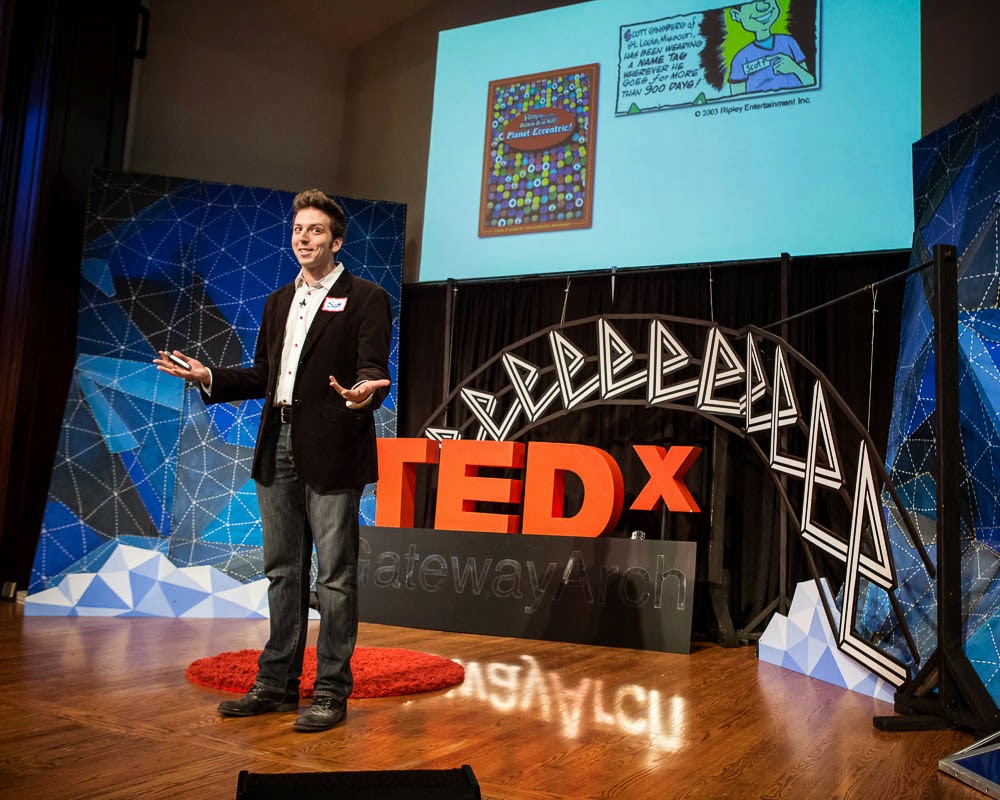

Starting in the early eighties, my grandfather started a family tradition.
Sunday mornings he’d pick up the grandkids to go out for breakfast, practice math problems in the car, and of course, feed bread to the ducks at the pond.
We did this every week for over ten years, creating many of our most cherished memories as kids.
Of course, we had no idea at the time just how harmful that was for ducks.
According to the audubon societies and river trusts and animal preserves, millions of loaves of bread are thrown into rivers and canals around the world every year, polluting the water and damaging hundreds of thousands of duck homes. Not to mention, duck health.
Turns out, white flour is the equivalent to junk food to a duck’s diet. The uneaten soggy bread can also cause a buildup of bad nutrients creating harmful algae that can spread disease and attract pests such as rats.
And so, this isn’t to say that our precious memories came from an unhealthy place. Grandpa wasn’t trying to teach us strategies for effectively murdering local waterfowl.
But all ducks aside, there’s an interesting parable in human relationships.
Because what we want for another person’s best isn’t always what they need.
And when we keep trying give people what we think is good for them, we risk causing more harm than good.
Burn’s groundbreaking psychology research calls this behavior dysfunctional giving, where the recipient experiences the giver’s intervention as an infringement of their personal freedom and autonomy. And when people experience a loss of personal control they often become angry, reactive, and rebellious.
If you’ve ever been bitten on the ass by a duck, you know what I mean.
The point is, we have limited control over how recipients perceive our intentions and respond to our assistance and gifts. And so, to avoid any unhelpful or unhealthy helping, here are a few suggestions for modifying our habits.
Instead of assuming that our intervention will be welcomed, ask how we can help first.
Instead of assuming that we know what the other person needs, give them the gift of space to express themselves completely.
Instead of reflectively dispensing unsolicited advice and suggestions, offer emotional support in the form of listening and loving and cheerleading.
Instead of rescuing and taking responsibility for everybody you encounter, let them stumble and fail and feel crappy and eventually find their way back to center.
In short, don’t feed bread to the ducks. It only makes things worse.
Figure out what, if anything, they might need instead.
And then you can take a quack at being helpful.
LET ME ASK YA THIS…
Who are the ducks in your life that you’re trying to feed white bread to?
LET ME SUGGEST THIS…
For the list called, “99 Ways to Think Like an Entrepreneur, Even If You Aren’t One,” send an email to me, and you win the list for free!
* * * *
Scott Ginsberg
That Guy with the Nametag
Author. Speaker. Strategist. Inventor. Filmmaker. Publisher. Songwriter.
scott@hellomynameisscott.com

Never the same speech twice. Customized for your audience. Impossible to walk away uninspired.
Now booking for 2017-2018.
Email to inquire about fees and availability. Watch clips of
The Nametag Guy in action here!
